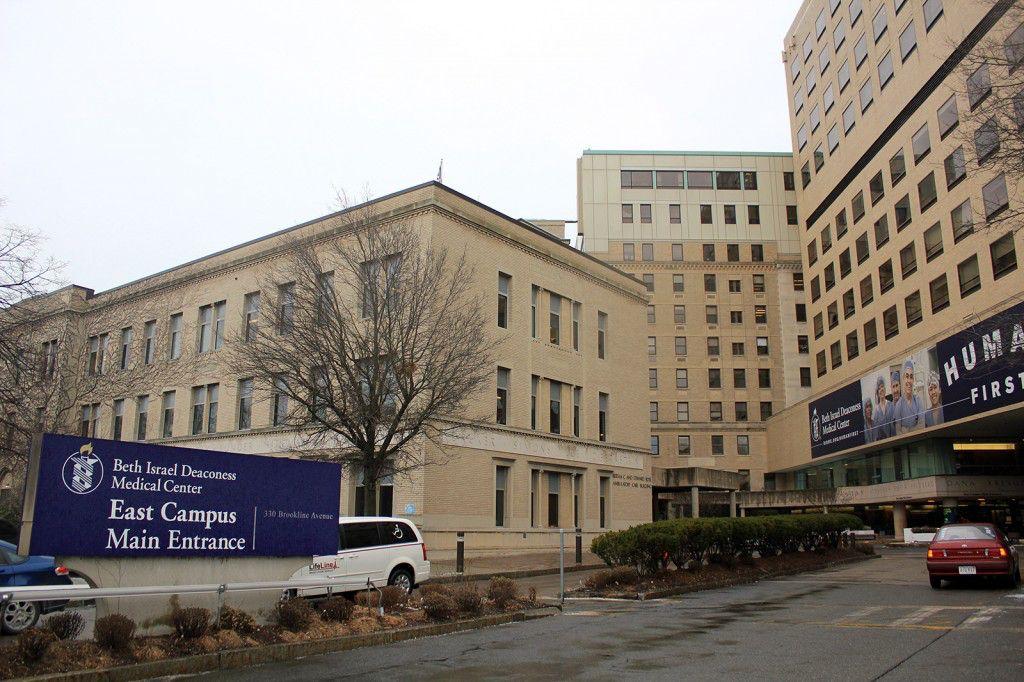It’s the strange word on the tip of everyone’s tongues. The foreign virus we had always heard about, but never thought would permeate the United States. It’s Ebola, and ever since several Americans who had worked in Liberia, including Massachusetts physician Richard Sacra, came down with the virus, Ebola hysteria has swept the nation and stolen the headlines day after day.
Adding fuel to the fire was an Ebola scare in Boston over the Columbus Day weekend. A patient from Harvard Vanguard Medical Associates in Braintree who had visited Liberia and was experiencing flu-like symptoms was transported to Beth Israel Deaconess Medical Center. The medical center determined that he did not have the virus, but on Sunday, a Dallas nurse who had treated a Liberian man who died was diagnosed with the virus, causing another spike in nerves.
In response to rising Ebola concerns, Massachusetts Gov. Deval Patrick, Boston Mayor Martin Walsh and a number of public health officials and airport personnel held an Ebola preparedness briefing Tuesday morning. Officials maintained that there had been no confirmed cases of Ebola in Massachusetts and that the Commonwealth remained at a low risk of an outbreak, but the City was still taking steps to prepare an appropriate response should an outbreak occur.
“Today’s efforts reinforced my belief that the City is more than prepared to deal with any scenario like this,” Walsh said in a Tuesday press release following the briefing. “We take any threat to public health very seriously, but we must educate ourselves about Ebola precautions and do what we can to quell unnecessary public panic. Our emergency preparedness plans are recognized as national models, and I have full confidence in our departments and healthcare organizations that we can keep Bostonians safe and healthy.”
Fear of Ebola in Massachusetts and misconceptions about its contagiousness has caused many to avoid using the Massachusetts Bay Transportation Authority and rethink attending the Head of the Charles Regatta on the Charles River this weekend. Officials emphasized that the only way to contract Ebola was through direct contact with bodily fluids.
“Let me try to hammer this point again,” Patrick said at the press conference at Logan International Airport. “If I had Ebola, the [Massachusetts Department of Public Health] Commissioner [Cheryl Bartlett] standing right here would be at minimal risk of catching it, if any. If any. This is hard to catch. She would have to touch my blood or other bodily fluids and have … if I understand it, have an open cut on her own hand.’’
The press conference is definitely a step in the right direction to help quell the swelling concern of an Ebola outbreak in Massachusetts, even if neither Patrick nor Walsh are experts. After all, knowing that our state and city leaders are ready to address the virus is reassuring. Yet their reassurances probably won’t stop the hysteria anytime soon, and frankly, people have a right to be afraid.
So the likelihood of coming into contact with Ebola is pretty slim unless someone with Ebola is touching you with his or her open wound, and surely, the only people who are interacting with the few Ebola diagnoses are well protected. Yet, Nina Pham, the Dallas nurse who treated the Liberian Ebola patient, contracted Ebola despite taking precautions. Her diagnosis is likely the result of botching the precautions, but it’s still scary to think that one error could lead to contracting the virus, which we hear is rather unpleasant.
On top of that, the hysterical tone of almost every news article released since August sensationalizes the possibility of an outbreak. “Ebola Spreading At Terrifyingly High Rates,” screams a Huffington Post headline. Although that headline is clearly referring to the world death toll, which is centralized primarily in West Africa, the idea that the United States could face such deaths, however unlikely, is alarming.
People are afraid of the unknown, and despite a few short stints with the virus in 1989, 1990 and 1996, the Ebola virus is unknown to Americans. When people hear about the rising death tolls in West Africa and imagine such a thing occurring in the United States, they obviously become scared. Part of this can be attributed to the American mentality that we’re immune to foreign viruses, for we, unlike West Africa, have one of the best healthcare systems in the world. Therefore, the reality that Ebola could happen anywhere — maybe even here in the United States — punctures the hypothetical safety bubble we as Americans take comfort in.
Massachusetts can breathe a sigh of relief today now that the Commonwealth has been deemed at low risk for Ebola, but it is doubtful the fear will end. Should we live in fear of Ebola? Not at the moment, but people should keep in mind that no one, not even untouchable America, is immune.
















































































































